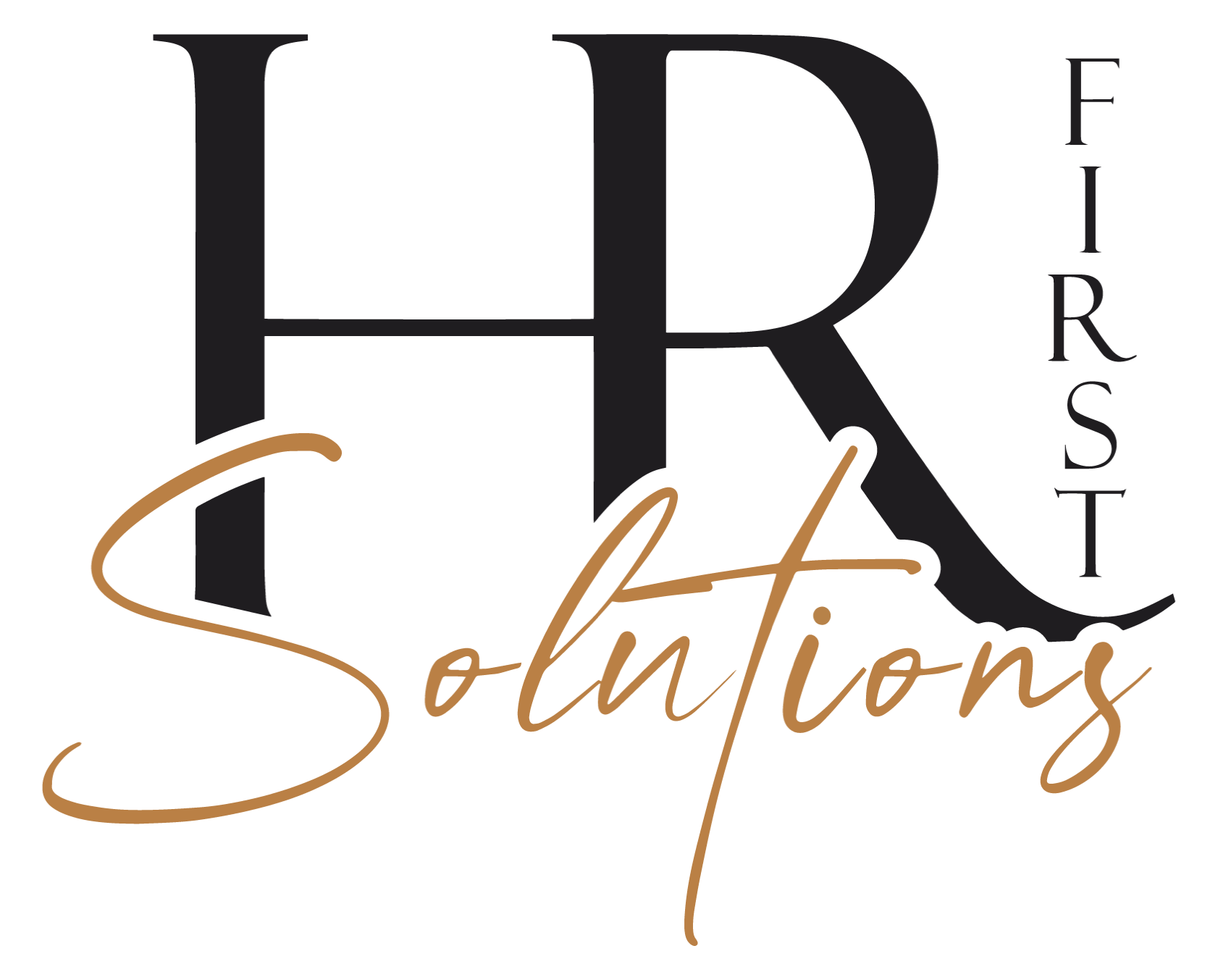Multigenerational Performance Evaluations—Made Simple
- Morisha Gaul
- Mar 10, 2025
- 2 min read
Updated: Mar 13, 2025
Managing performance evaluations in today’s workplace isn’t a one-size-fits-all process. With five generations working side by side—Traditionalists, Baby Boomers, Gen X, Millennials, and Gen Z—HR professionals and business owners have a unique challenge: How do you ensure evaluations feel relevant, fair, and actually motivate your team?
Each generation has different work styles, expectations, and feedback preferences. When you understand these differences, you create a more engaged workforce, boost retention, and build a stronger company culture. Let’s break it down!

Understanding How Each Generation Prefers Feedback
Traditionalists (Born Before 1946)
Value loyalty, hierarchy, and experience.
Prefer structured, formal reviews and clear expectations.
Appreciate personal recognition and acknowledgment of tenure.
Baby Boomers (1946-1964)
Motivated by achievements and career progression.
Prefer face-to-face evaluations with measurable performance goals.
Respond well to structured goal-driven assessments.
Generation X (1965-1980)
Independent, results-oriented, and value autonomy.
Prefer balanced feedback that allows them to problem-solve on their own.
Appreciate flexible reviews, including self-assessments.
Millennials (1981-1996)
Thrive on collaboration, growth, and continuous learning.
Prefer frequent check-ins over annual reviews.
Expect constructive feedback that helps them improve and develop.
Generation Z (1997-Present)
Digital natives who value instant feedback and tech-driven tracking.
Prefer performance reviews that are coaching-focused and career-oriented.
Appreciate real-time performance tracking and clear growth plans.
How to Adapt Performance Evaluations for a Multigenerational Workforce
Offer Flexible Evaluation Methods
Not everyone responds the same way to performance reviews. Mix it up!
Structured, formal reviews → Best for Traditionalists & Baby Boomers
360-degree feedback → Ideal for Generation X
Frequent check-ins & real-time feedback → A must for Millennials & Gen Z
Leverage Technology for Smarter Evaluations
Digital performance tools engage younger employees while providing structure for others.
Use goal-setting apps and performance tracking software for real-time feedback.
Offer data-driven insights to help employees understand and improve their performance.
Align Evaluations with What Matters Most to Each Generation
Customize your performance criteria to match motivational drivers:
Traditionalists & Boomers: Recognize experience, loyalty, and leadership contributions.
Gen X: Focus on results, autonomy, and work-life balance.
Millennials & Gen Z: Highlight collaboration, skill-building, and innovation.
Train Managers on Generational Differences
Help leadership teams adapt their communication and feedback styles:
Teach personalized coaching techniques to keep employees engaged.
Improve communication strategies to bridge generational gaps.
Equip managers to leverage individual strengths across all age groups.
Foster a Culture of Mentorship & Growth
Want a game-changer? Pair up experienced employees with younger team members for mutual mentorship.
Older employees share industry expertise and leadership insights.
Younger employees provide tech knowledge and fresh perspectives.
The result? A collaborative, engaged, and high-performing team.
Let’s Make Performance Evaluations Work for Everyone
Creating an effective, generationally inclusive performance evaluation strategy isn’t just good HR—it’s good business. When employees feel seen, supported, and motivated, they perform better, stay longer, and contribute more.
Need help designing an evaluation process that works for every generation on your team? Let’s chat!
